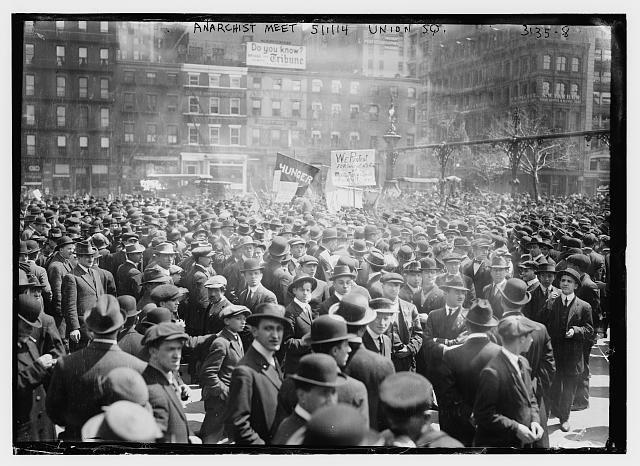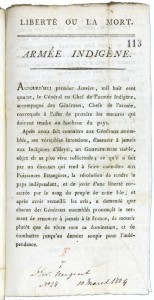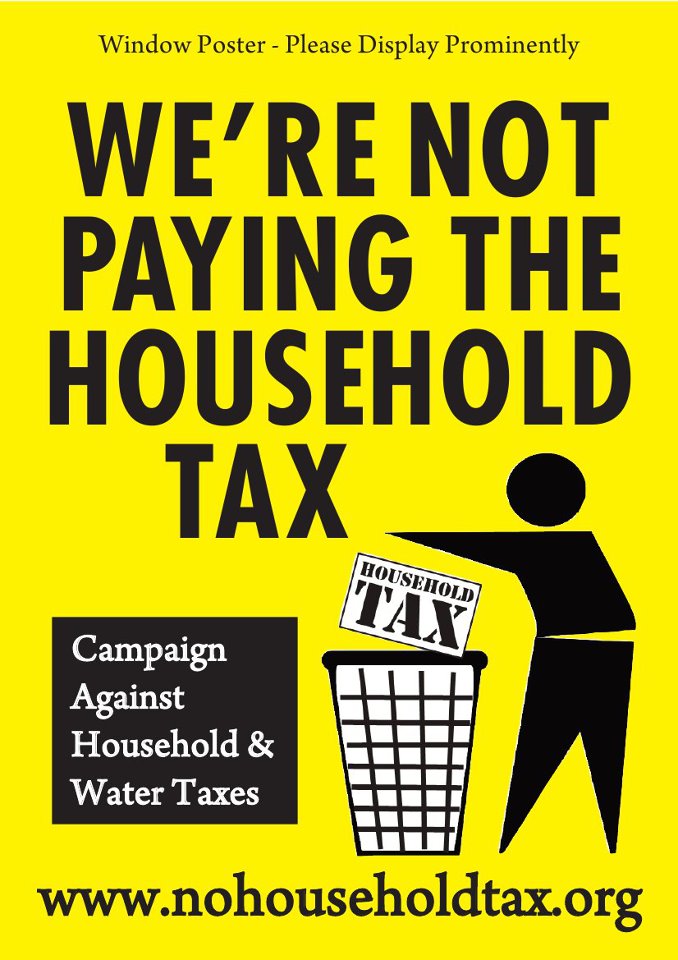At Left Forum over the weekend the debates could be summarized as follows: is the current system a new form of capitalism or not? What was striking was those from Occupy all agreed that this was a new formation, while many others, who wanted to see a continuity with existing forms of analysis and organizing, did not.
As it happens, I’ve been here before. In the late 1970s and early 80s, cultural studies intellectuals and activists began to identify Thatcherism as a distinctly new phenomenon that cut across existing class lines. Although New Left Review and others later came around to accepting this analysis, at the time it was greeted with howls of outrage. So both past and present experience lead me to side with the sense that we are again experiencing a new intensity of capitalism, creating divides and antagonisms that did not previously exist.
This divide is what I call “autoimmune capitalism,” a capitalism that destroys its own hosts, human and non-human life, whether by intent or by accident. Food poisoned by pesticides, a climate increasingly inhospitable to life, the ongoing great extinction of non-human species, one billion people worldwide hungry and the massive failure of overdeveloped nations to sustain employment within neo-liberal economies are all symptoms of this syndrome.
Like AIDS–Acquired Immune Deficiency Syndrome–this autoimmune capitalism is a syndrome not a disease. There is no single cure or response. By the same token, it can only be stabilized by introducing a radically different “economy,” in the sense of a balanced regimen.
It makes sense, then, that the compelling new “Spring back” from Occupy centers around refusal. The May Day action is a set of negatives–no work, no school, no chores, no banking. no shopping. But even “on holiday,” how many of us have lived a day like that, except as privileged children? The May Day from 1914 (above) is amazing both for the fact that you could fill Union Square with anarchists and that they are all (apparently) white men in hats. There is an echo but it’s not a repetition.
For the interface of autoimmunity is with autonomy, self-rule. To claim that “self” requires a certain kind of refusal: abolition. I’m going to use a perhaps unexpected example to make this point: the Haitian Constitution of 1805. I do so in part because for the first time, a copy of that Constitution, the only one known to survive, is on display in New York at the New-York Historical Society. I like to think that it’s abolition energy is spreading around the city.
Having fought for independence from France for fourteen years, the new nation declared:
Slavery is forever abolished.
In four words, the sentence encompasses past, present and future (abolished/is/forever). It provides no authority for the abolition, even the tautology of holding it to be “self-evident.” Because those “truths held to be self-evident” did not include abolition. That short sentence is a world-historical revolution.
Having abolished the primary political distinction between “free” and “slave,” Haiti then made itself into the scandal of modernity by decreeing in Article 12:
No whiteman of whatever nation he may be, shall put his foot on this territory with the title of master or proprietor, neither shall he in future acquire any property therein.
This clause undid colonialism, neo-colonialism and segregation. If the rest of the document reinscribed other masters and proprietors, it nonetheless insisted, against the highly complicated racial hierarchy of miscegenation created by slavery, that all such persons were to “be known only by the generic appellation of Blacks.”
The point here is that abolition and refusal are in fact creative tactics by which we can make a different social order and it has been done in the past. More recently, the refusal of Rosa Parks to move to the back of the bus, supported by a non-violent direct action group, transformed the United States to such an extent that she has had to be reimagined as a solitary heroine of American exceptionalism. In Ireland, people are refusing the new tax put in place as part of the Troika-inspired austerity.
However, the full diversity of what we are now refusing cannot be simply legislated out of existence. As with AIDS, we need a diversity of tactics to oppose the new capitalism including direct action on the ACT UP model; a “cocktail” of curative measures to begin addressing the damage done to human and non-human bodies; and the elaboration of a regime of prevention. The first step in prevention–just say no.



